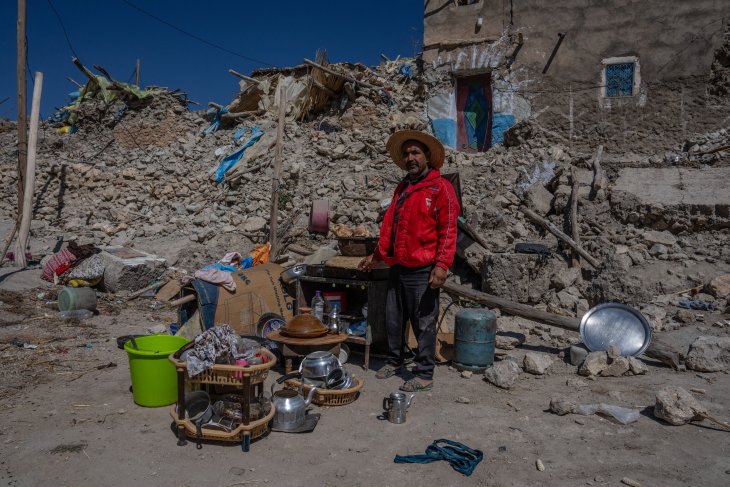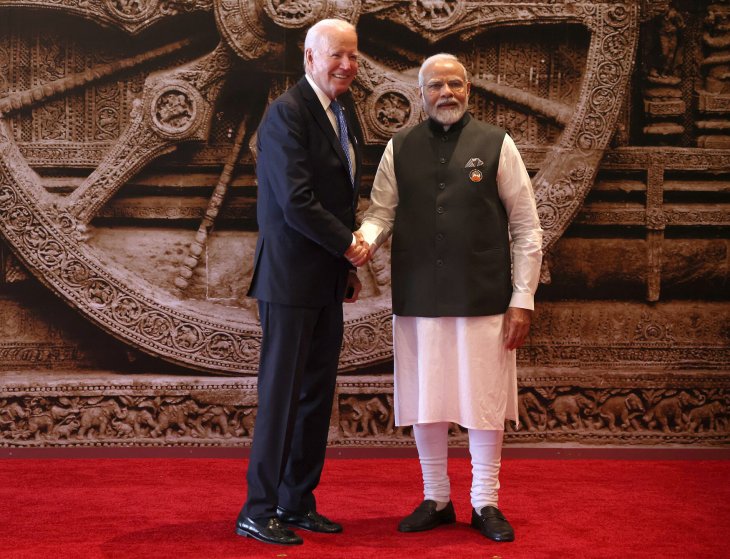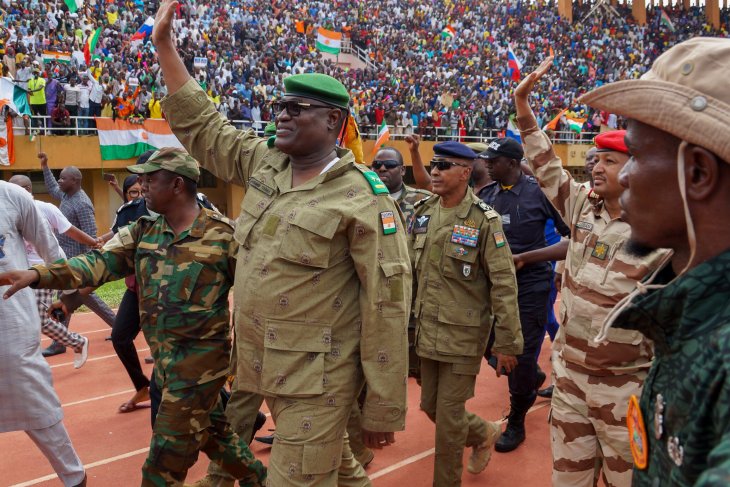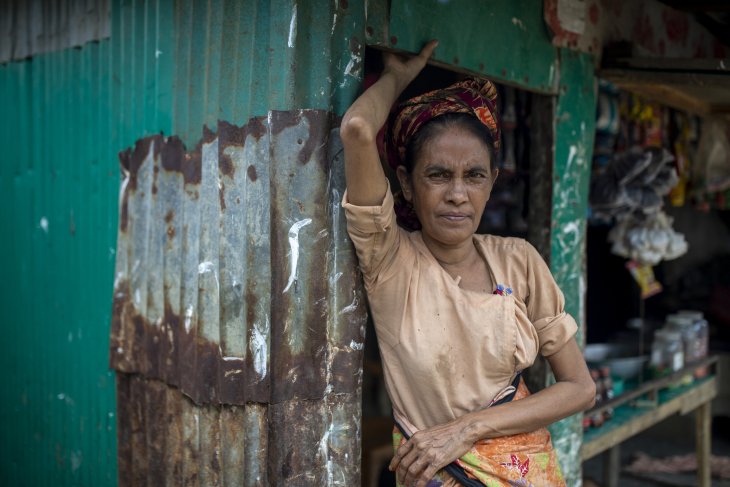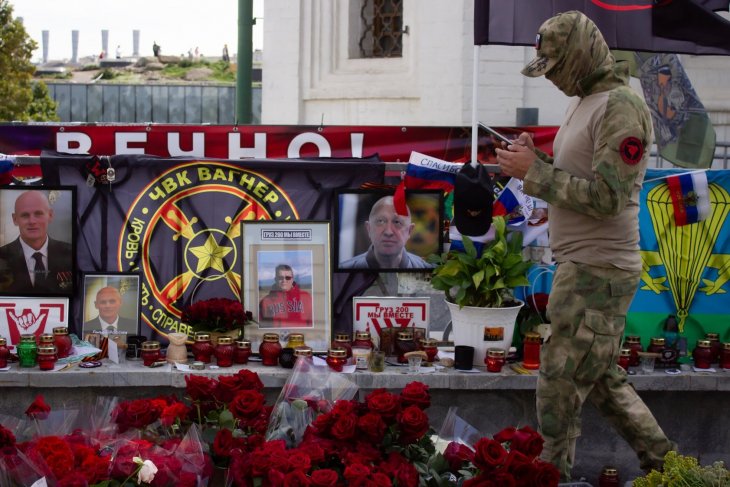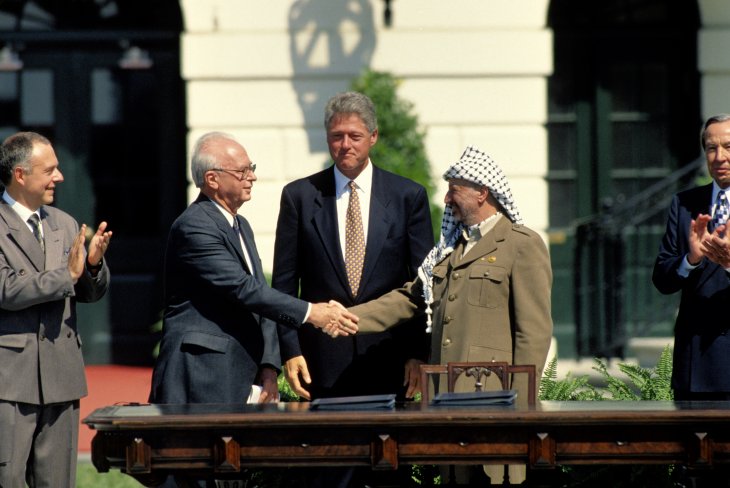As Libya’s death toll rises due to the massive floods triggered by Hurricane Daniel, it’s normal to wonder if such a catastrophe could have been prevented.
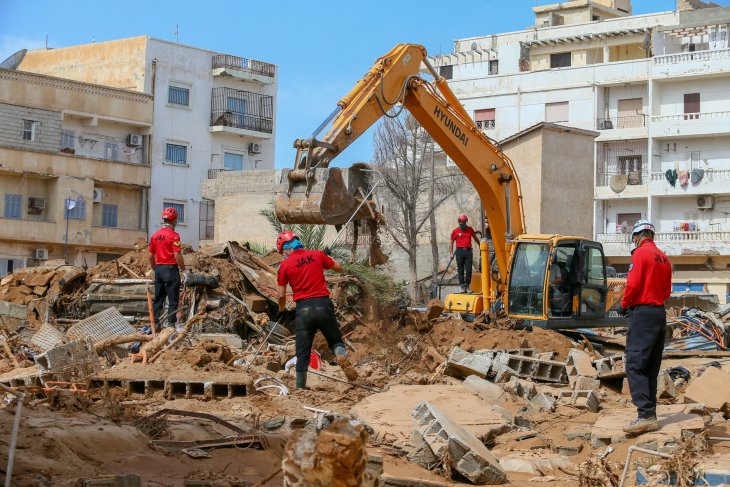
Search and rescue operation teams continue their efforts after the floods caused by the Storm Daniel ravaged the region, in Derna, Libya on September 17, 2023. Photo: Halil Fidan/Anadolu Agency via Getty Images
New research published this month gives a better understanding of how and why countries affected by armed conflict are more vulnerable to disaster.Read More
